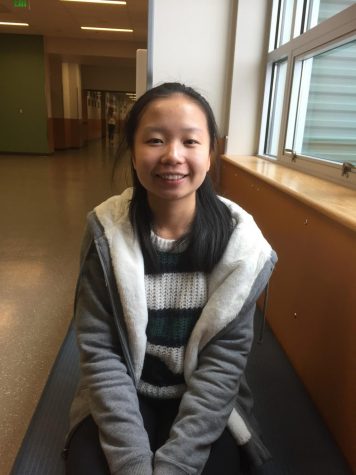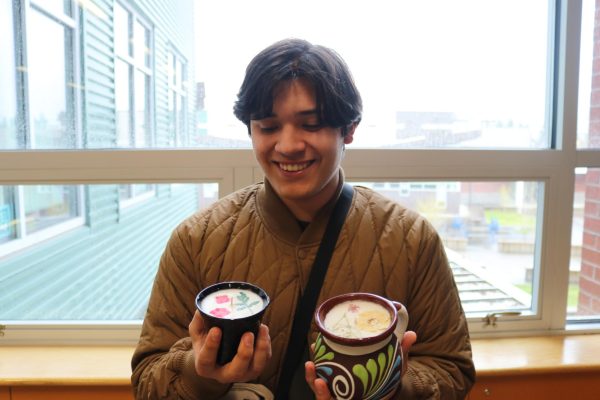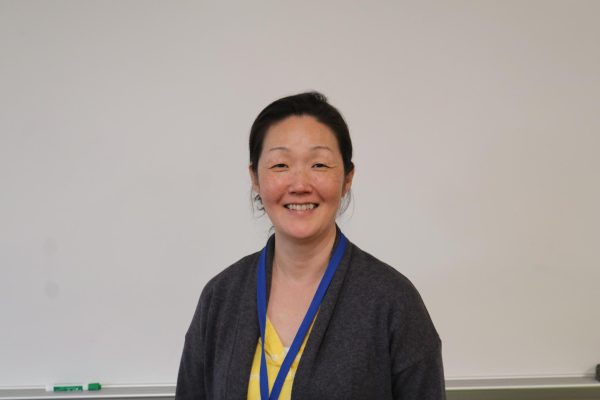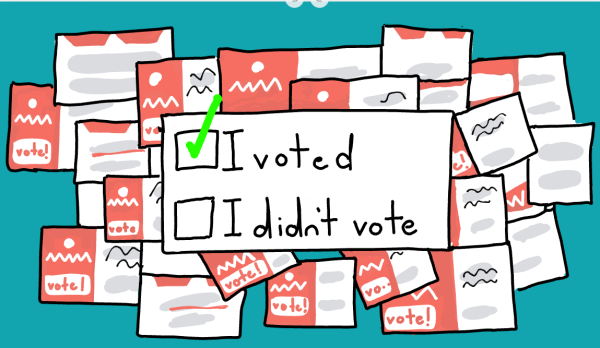Student Spotlight: Jianyi Du
June 25, 2020

Kolus: When did you first come to the U.S.?
Jianyi (Jenny): When I was 13.
K: How did you learn English?
J: I started to learn English officially when I spent three years in international school in Shanghai. I really appreciate my parents who sent me there because compared to other people, I adapted to the U.S. life faster and better. Some people literally don’t speak a word when they came here, but at least I knew some simple words to start.
K: Did you struggle a lot when you came to the U.S?
J: Yeah. Language and cultural struggles. People are speaking in a different manner. I’ve been to international school, but it’s very different. In international school, still, the cultures are pretty similar because it’s pretty much Asian students coming from nearby Asian countries. But here, people went to the same school together so they have the same background and same history. They know who their first grade teacher was. Things like that. So, I just don’t really have any connection with them.
K: Is there a way people here speak that’s different?
J: More slang that they don’t teach in textbooks.
K: Do you have any examples of slang?
J: That’s lit!
K: I know you’re taking classes like AP Bio. How has your understanding of English affected how you learn in those classes?
J: Yeah, it really affected it. I read slower. Today, I just reviewed my test and I recognized that I comprehended questions wrong. That’s why I got points off. For example, the question said “prior to” and in that moment, I forgot what “prior” means, so I thought it’s saying what they believe now, not previously.
K: Do you ever feel excluded because English isn’t your first language?
J: Yes. People will often choose not to talk to me because they don’t understand what I’m talking about. They’re like, “What, that doesn’t make any sense.”
K: What do you plan to study in the future?
J: Dentistry.
K: How do you think your language skills will impact you in the future?
J: English is not my first language, so I might have a hard time to communicate with patients. On the other hand, I can speak Mandarin so I can communicate with patients better if they can’t speak English. And because English is my second language, I can comprehend second-language-speakers better like how they would often word a word wrong and their accents.









